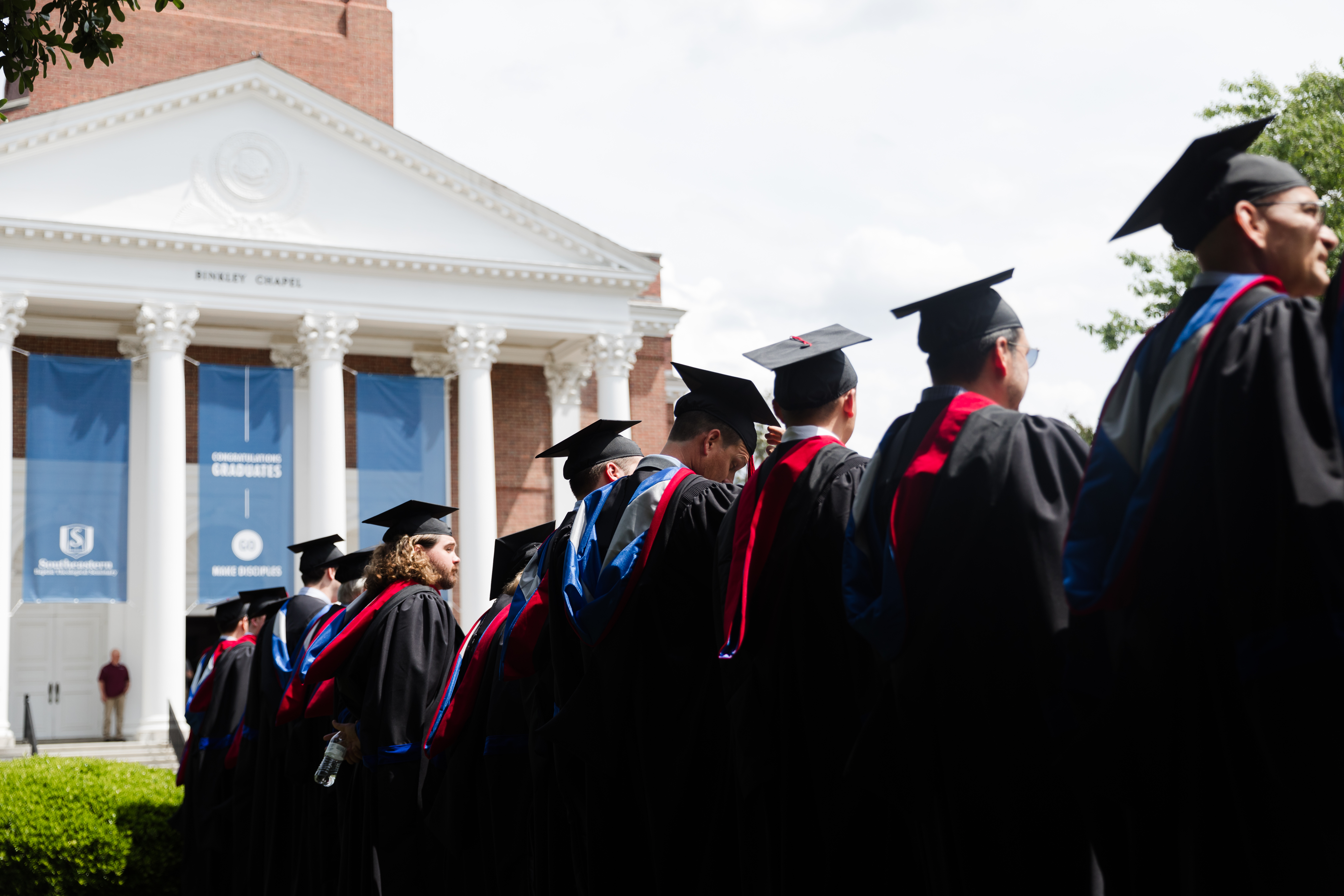Envy is probably one of the most corrosive sins. Envy eats away at us and turns our hearts toward bitterness. It led to the first murder: Cain’s envy of the Lord’s regard for Abel led to brutally murdering his own brother (Genesis 4:4-6). And it continues to plague humanity, robbing the joy from our labors. For example, no matter how good of a quarter you might have had, if your coworker posts better numbers, the joy from your labors melts away.
In this article, I want to take a closer look at this envy that eats away at our work. Specifically, I want to look at the definition, origin, and solution to envy.
A Definition of Envy
We can define envy as “angry discontentment when confronted with the circumstances of another.” In Matthew 27:18, Matthew says that the Pharisees delivered Jesus up “out of envy” when they saw how the crowds began to favor him over them. Or, in Esther, Haman’s words drip with envy: “Yet all this [my exaltation] is worthy nothing to me, so long as I see Mordecai the Jew sitting at the king’s gate” (Esther 5:13). Haman cannot be happy so long as his rival Mordecai is successful.
As I began to look into jealousy, what really surprised me was the component of anger. The Pharisees’s jealousy boiled over into a murderous rage when they put Jesus up to be crucified. Haman’s envy moved him to eradicate an entire people group to kill one man, Mordecai. Indeed, Paul links jealousy and strife in Romans 13:13.
When you understand that envy is more than discontentment and veers into hatred, you can clearly see envy’s evil side. You are angry at a person because they are happy. The Pharisees were angry at Jesus because he was favored. Haman was angry at Mordecai because Mordecai was exalted. Keller similarly defines envy as “weeping at someone else’s success.” Envy isn’t just discontentment; it’s the opposite of love for others.
The reason why jealousy is so horrendous is because it’s the opposite of Christ’s character. Where Christ was concerned for his church, jealousy is concerned only about us and our happiness, even to the detriment of another.
The Origin of Envy
Jealousy most often begins as discontentment, when we are unsatisfied with our own circumstances.
Discontentment is so easy to slip into. It can happen when we look too closely at our circumstances and see all of our problems. In a fallen and broken world, our circumstances can never fully satisfy. So, when we try to make them fill something that they never could fill, we end up being discontent.
Discontentment can also result from looking too closely at the circumstances of others. Then, when it is combined with arrogance, we want to be happy instead of our neighbor. We want their happiness for ourselves.
Then, as jealousy gets a stronger hold on us, anger starts to show its face. Beginning to morph, envy results in a vitriolic hatred towards the person who has what you don’t have. Jonathan Edwards, in his sermon on envy, notes that “seeing how others prosper, and what honors they attain, [one begins to entertain] the envious dislike, and even hate them, on account of their honor and prosperity.”





No comments have been added.